Our miscarried children weren’t parasites.
(Transcript below video.)
[Esta publicación está disponible en español aquí.]
Transcript:
When pro-choice people conceptualize the embryo as a parasite, and pathologize pregnancy as our body’s failure to rid ourselves of a parasite, there’s another element of that discourse that I want to touch on. And that is how this kind of framing affects people who have experienced pregnancy loss.
I have miscarried two children. I grieved them deeply. I still grieve them and when it happened, I joined pregnancy loss groups and I talked with a lot of people I know who had also miscarried their children.
And it quickly became clear that one of the running themes of pregnancy loss in addition to grief is feeling stupid. There are a lot of people out there who don’t understand their grief and feel that their grief must be dramatic or misplaced because they are so heartbroken over the loss of their early embryonic children, and society tells us that that’s just a meaningless clump of cells.
But the parasite narrative is even worse, because instead of it being this amorphous clump of cells that there’s no particular reason to feel any particular attachment to, the embryo is actually our enemy? So if we miscarry our bodies are doing their jobs very very well? I can hardly underscore how unbelievably ignorant and destructive that narrative is for people who are struggling with pregnancy loss or with infertility.
Another really common theme for people who have miscarried is feeling like it’s their fault. Feeling if they had just behaved a little bit differently, or even if they had been a better person, in some cases, then they wouldn’t have lost their children.
This is inaccurate, of course. Medical professionals are quick to reassure parents that there was nothing they could have done differently. And the majority of the time we don’t know exactly why miscarriage happens, but a lot of times it has to do with genetic issues that you just have no control over. Still, for many people, their grief is compounded by the feelings of foolishness and then feelings of guilt.
They also tend to feel incredibly alienated and lonely, even though pregnancy loss is very common. I knew when I spoke publicly about losing my children that people I have known years would privately let me know that they had gone through the same thing and never told me. And that is exactly what happened.
So maybe keep all of those grieving parents in mind when you’re saying things like this:
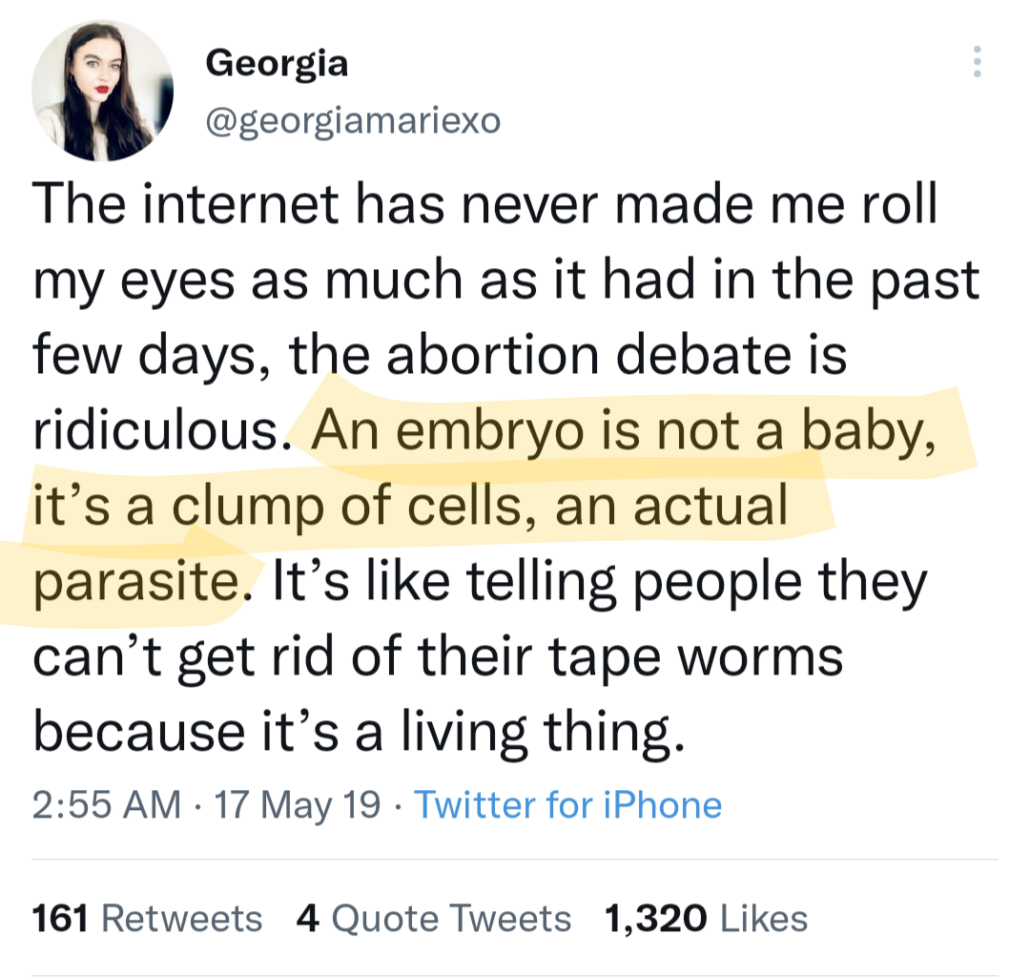
Or when you’re describing our lost children like this:
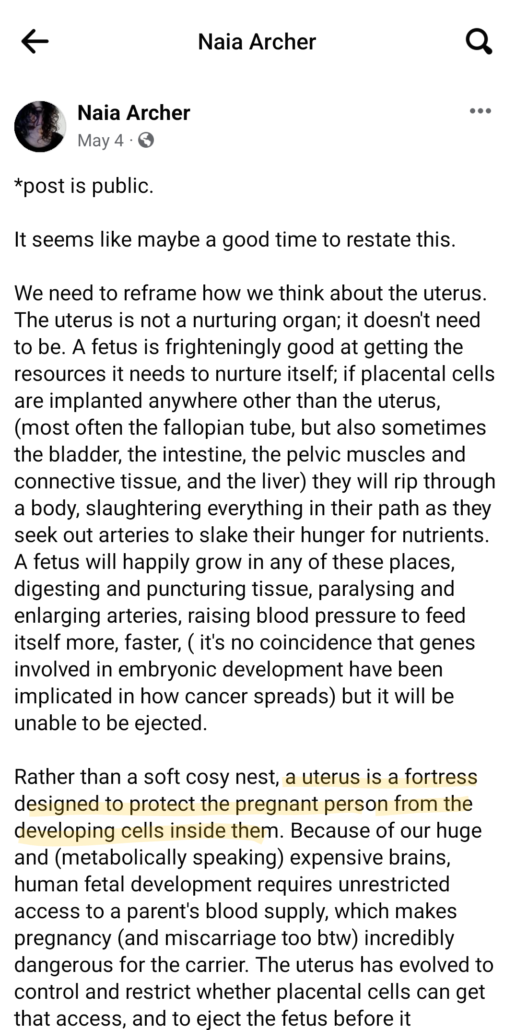
Or when you’re acting as if the deaths of our children mean we are victorious in battle?
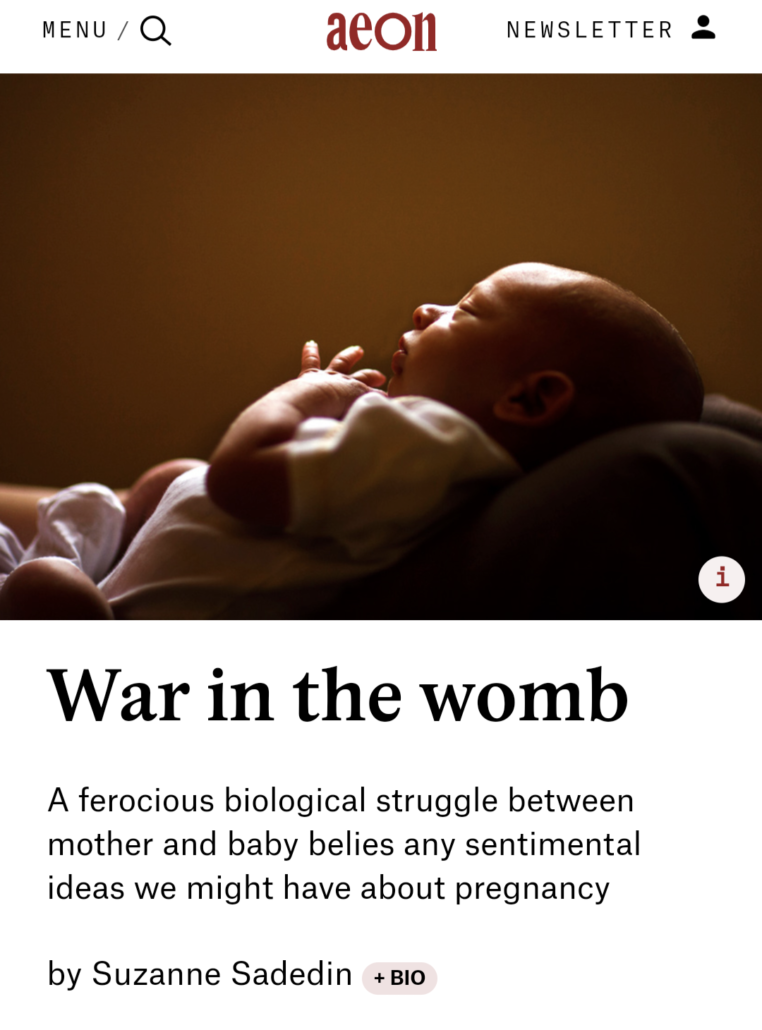
Biologically speaking, embryos are not parasites, but in addition to being scientifically inaccurate, the narrative is very harmful for a lot of people trying to process the children that they’ve lost. There are some decent pro-choice arguments but this isn’t one of them.
If you want to hear more about the scientific illiteracy, I did a video called “no, embryos aren’t parasites” and you can find it on our [tiktok] channel. You can also read about some of the research on how people process miscarriage here on our blog.
[Read more – Our cultural gaslighting of women who miscarry before 20 weeks]
If you appreciate our work and would like to help, one of the most effective ways to do so is to become a monthly donor. You can also give a one time donation here or volunteer with us here.

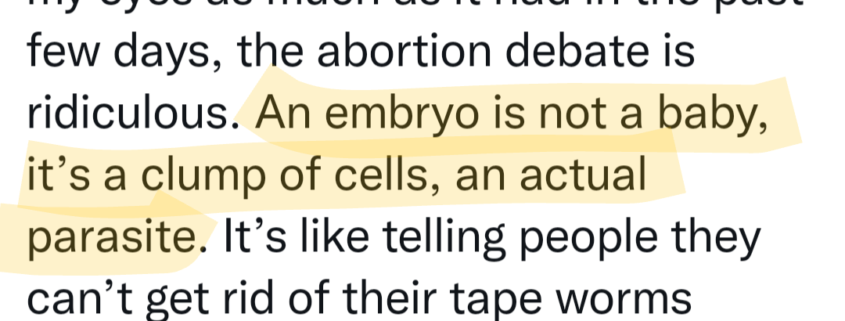

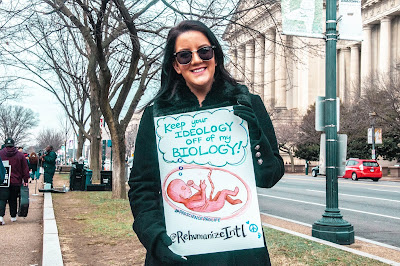
Leave a Reply
Want to join the discussion?Feel free to contribute!